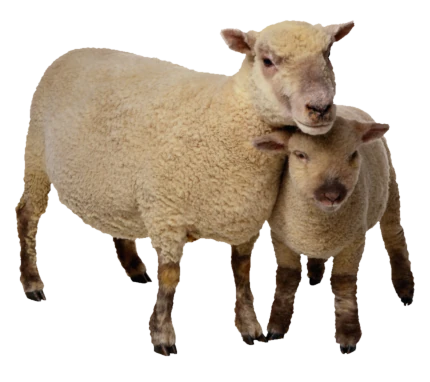The concept of animal rights is not a modern invention; it has roots that can be traced back to ancient civilizations. In many cultures, animals were revered and considered sacred. For instance, in ancient Egypt, cats were worshipped, and harming them was punishable by death. The reverence for cats was so profound that they were often mummified and buried with their owners, reflecting their esteemed status in society. Similarly, in Hinduism, the cow is regarded as a sacred animal, and its protection is mandated by religious texts. This cultural significance is evident in various festivals and rituals that celebrate the cow, emphasizing its role in agriculture and sustenance, further embedding it into the spiritual and social fabric of Hindu life.
Ancient Philosophical Foundations
Beyond religious contexts, ancient philosophical traditions also contributed to the early discourse on animal welfare. In ancient Greece, philosophers like Pythagoras and Plato expressed ideas that hinted at the moral consideration of animals. Pythagoras, known for his belief in the transmigration of souls, argued for the ethical treatment of animals, suggesting that they possess a form of consciousness and should not be subjected to harm. Plato, in his dialogues, acknowledged the emotional lives of animals, which laid a foundation for later ethical considerations. These early philosophical inquiries into the nature of animals and their rights set the stage for more formalized discussions in the centuries to come.
The Enlightenment and the Birth of Modern Ethics
However, the modern animal rights movement began to take shape in the 18th and 19th centuries, coinciding with the Enlightenment, a period characterized by a surge in philosophical inquiry and a reevaluation of moral principles. Philosophers such as Jeremy Bentham and John Stuart Mill laid the groundwork for utilitarian ethics, arguing that the capacity to suffer should be the basis for moral consideration. Bentham famously stated, “The question is not, Can they reason? nor, Can they talk? but, Can they suffer?” This pivotal shift in perspective marked a significant departure from the anthropocentric views that dominated earlier thought, as it expanded the moral community to include non-human animals. Bentham’s utilitarianism emphasized the importance of maximizing happiness and minimizing suffering, which inherently called for the ethical treatment of all sentient beings.
Advocacy and Legal Developments in the 19th Century
The 19th century witnessed the emergence of organized advocacy for animal rights. The formation of societies such as the Royal Society for the Prevention of Cruelty to Animals (RSPCA) in 1824 in the United Kingdom marked a significant milestone in the movement. This organization aimed to promote the welfare of animals and combat cruelty through legal reform and public education. The RSPCA’s efforts led to the passage of the Cruelty to Animals Act in 1835, which prohibited the mistreatment of animals in various contexts, including entertainment and experimentation. This legal framework laid the groundwork for future animal welfare legislation and inspired similar movements across Europe and North America.
Philosophical Evolution in the 20th Century
As the 20th century progressed, the discourse surrounding animal rights evolved further, influenced by various philosophical movements. The publication of Peter Singer’s “Animal Liberation” in 1975 is often regarded as a watershed moment in the modern animal rights movement. Singer’s utilitarian approach argued for the consideration of animal suffering in ethical decision-making, challenging societal norms regarding the treatment of animals in agriculture, research, and entertainment. His work galvanized a new generation of activists and thinkers, leading to the establishment of numerous animal rights organizations and campaigns aimed at raising awareness about the plight of animals.
Contemporary Perspectives and Ongoing Debates
Today, the conversation surrounding animal rights continues to evolve, with ongoing debates about the ethical implications of animal agriculture, scientific research, and the use of animals for entertainment. The rise of veganism and plant-based diets reflects a growing awareness of animal welfare issues and a shift towards more compassionate lifestyles. Additionally, advancements in animal cognition research have further challenged traditional views, revealing the complex emotional and social lives of many species. As society grapples with these issues, the historical perspectives on animal rights serve as a crucial foundation for understanding the ethical considerations that shape our treatment of animals today.

